
If you're seeking family-oriented attractions in Abu Dhabi, you're in for a delightful surprise. The capital of the UAE offers more than just opulent malls and luxury resorts; it also boasts a wealth of nature, art, and entertainment options that are perfect for families.
From renowned museums and stunning mosques to adventurous desert safaris and serene mangroves, there are numerous activities for children and adults alike. Here are 13 hidden gems in Abu Dhabi that promise enjoyment for families, friends, and solo travelers.
Cultural Experiences
Qasr Al Hosn
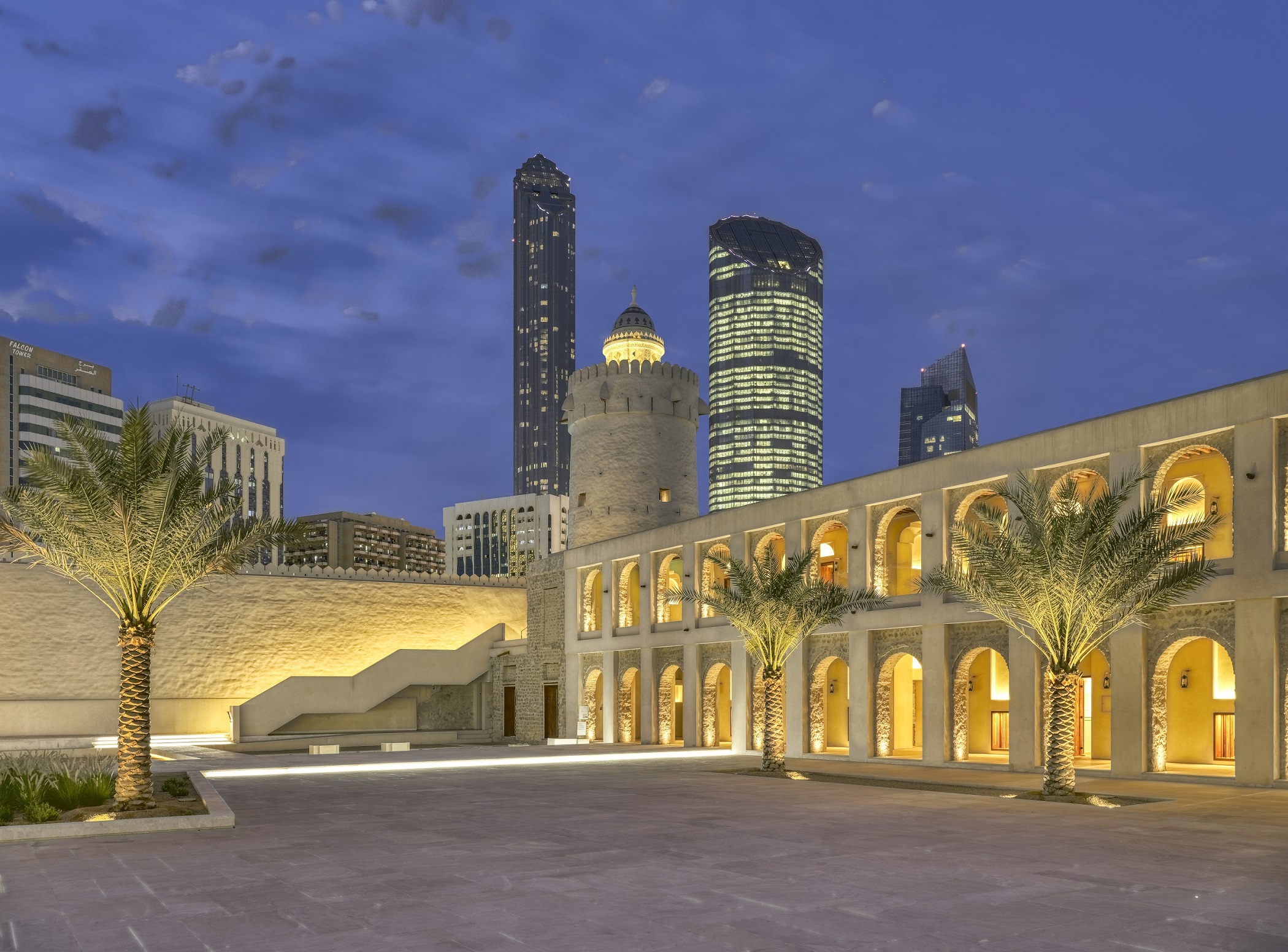
This historical site captures the spirit of Emirati heritage with the oldest building in Abu Dhabi, the Watchtower, dating back to 1760. The Inner Fort, built in 1795, and the Outer Palace, constructed between 1939 and 1945, further enrich the experience. Visitors can engage in traditional crafts at the House of Artisans, where you can try your hand at ancient techniques like pottery and weaving. Don’t miss the Cultural Foundation, which offers engaging exhibitions and workshops for all ages.
Heritage Village
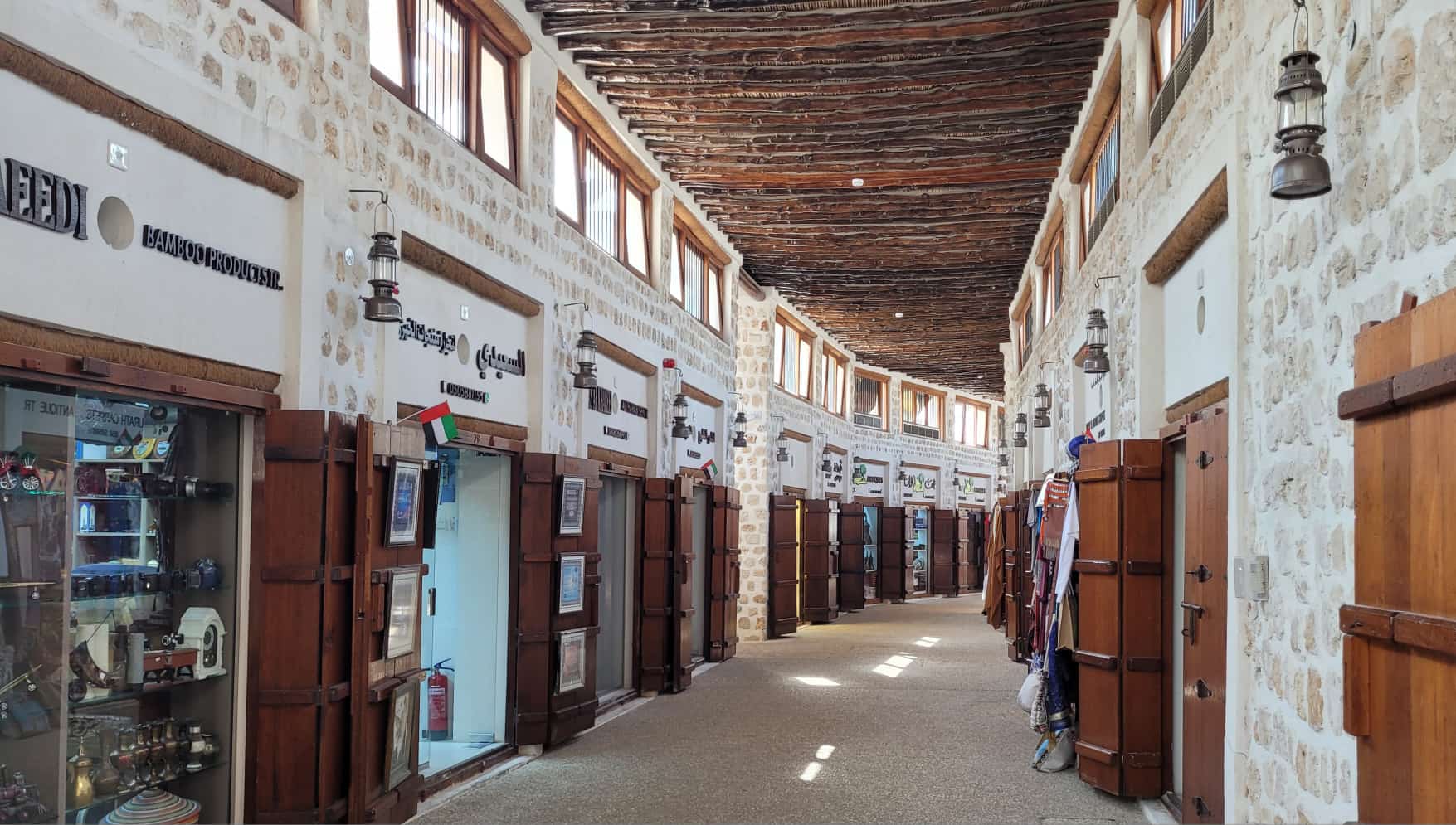
Step back in time at this reconstructed village that showcases the traditional lifestyle of the UAE. With a souk, mosque, and traditional fort, children can marvel at palm-leaf houses (barasti) and the ancient falaj irrigation system still in use today. Artisans demonstrate their crafts, allowing visitors to learn about pottery, weaving, and glassblowing, often inviting participation.
Abu Dhabi Children's Library
A perfect blend of fun and education, this library features a design inspired by the UAE's diverse landscapes. Kids of all ages can enjoy reading in cozy spaces resembling soft sand dunes or explore new books on Book Mountain. The library is packed with literature suitable for everyone, along with interactive activities and storytelling sessions to make learning enjoyable.
Bait Mohammed Bin Khalifa
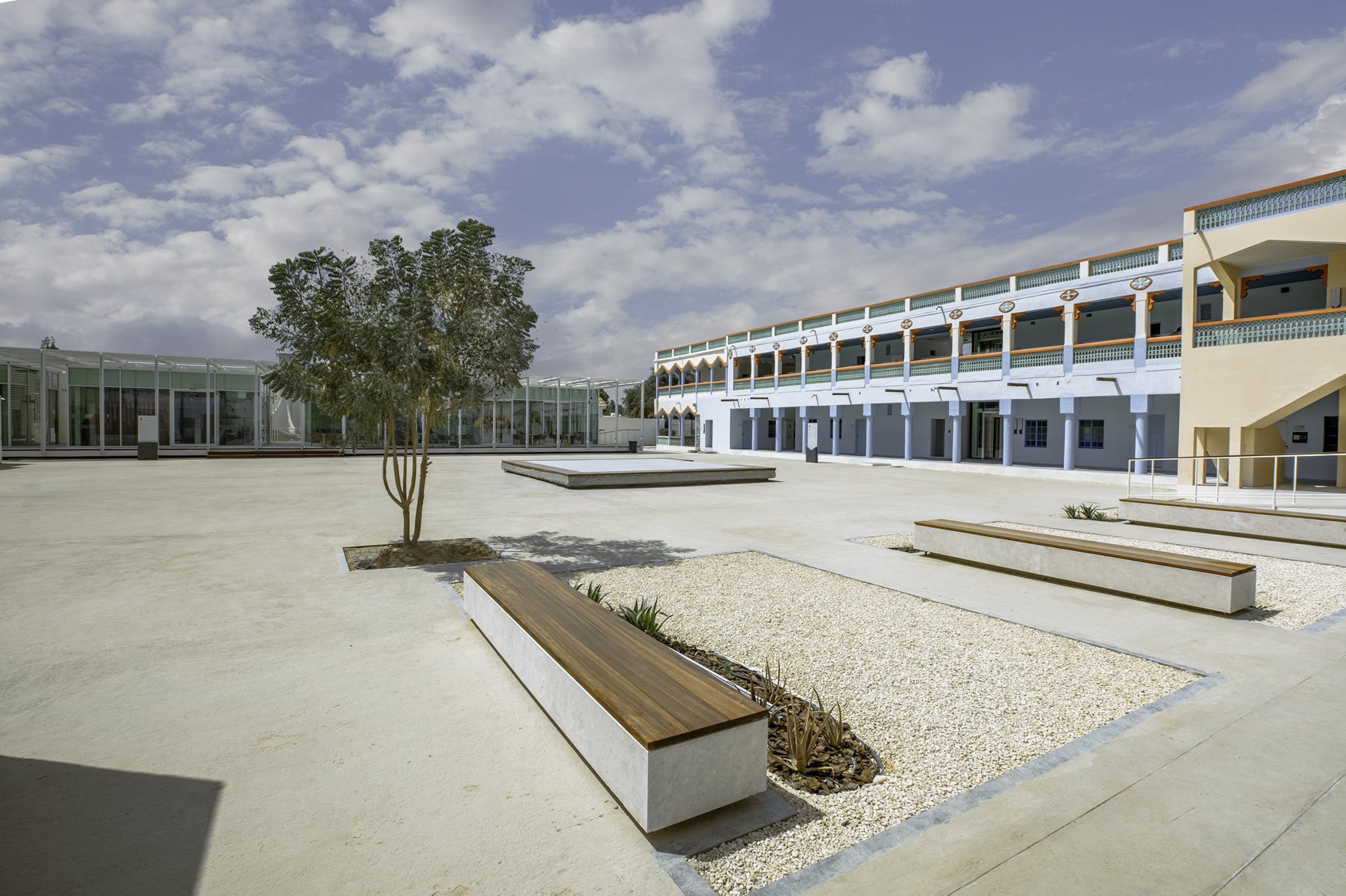
Restored as a community hub, this historic building in Al Ain offers a glimpse into its past with exhibitions that highlight the area's history over the last 60 years. Families can explore the beautifully restored space and learn about traditional Emirati life through engaging displays and activities.
Adventure Awaits
KidZania

An interactive mini-city tailored for children, KidZania allows kids to role-play in various real-world scenarios, from operating a petrol station to navigating crime scenes, complete with its own currency, kidZos. Designed for ages 3 and up, this vibrant space encourages learning through play, making it a must-visit attraction.
Desert Safari

Experience the thrill of dune bashing in the Empty Quarter, the world’s largest uninterrupted sand desert. Start with adrenaline-pumping rides over the dunes, followed by camel rides and sandboarding. End your day at a traditional Bedouin camp, where you can enjoy authentic Arabic cuisine, belly dancing, and henna painting under the stars.
Bounce

This indoor trampoline park provides a range of activities for all ages, from freestyling on trampolines to tackling obstacle courses and ziplining. With various arenas dedicated to different activities—like slam dunking and dodgeball—Bounce guarantees a day full of energy and excitement for families and friends alike.
Nature Exploration
Al Ain Zoo

Home to over 4,000 animals, the zoo offers engaging activities like penguin feeding, lemur exhibits, and parrot shows. Families can enjoy horse and camel rides and learn about conservation at the Sheikh Zayed Desert Learning Centre. The Al Ain Safari tour provides an unforgettable journey through the zoo’s expansive grounds, where guides share insights about the wildlife and ecosystems.
Jubail Mangroves

An educational park and wildlife sanctuary, Jubail Mangrove Park features a scenic boardwalk that allows visitors to explore the rich biodiversity of the mangrove ecosystem. As you walk, you might spot flamingos, herons, and various fish species. The park is designed for reflection and relaxation, making it a perfect spot for families to connect with nature.
Sir Bani Yas Island

This island paradise offers a mix of adventure and relaxation. You can engage in water sports like sailing, snorkeling, and kayaking, or embark on a 4x4 safari through the Arabian Wildlife Park, home to over 17,000 free-roaming animals, including Arabian oryx and cheetahs. The Sir Bani Yas Stables provide opportunities for horseback riding in a scenic environment.
Culinary Delights
Mina Markets

The Mina Zayed Port markets are a foodie’s paradise. Explore the Mina Zayed Fish Souq for freshly caught seafood, where you can enjoy grilled dishes right on the spot. The Al Mina Fruit and Vegetable Souk showcases vibrant produce from around the world, including Indian mangoes and Sri Lankan coconuts. Don’t forget to sample the locally loved Medjool dates for a true taste of the Middle East.
Mamsha Al Saadiyat

Just a 20-minute drive from the city center, this beachfront promenade on Saadiyat Island offers a tranquil escape. Enjoy wellness activities like yoga and Pilates, or relax on the beach. Afterward, indulge in a variety of dining options ranging from gourmet burgers to artisanal coffee, making it a perfect spot for family meals and leisurely outings.
Al Yasat Marine Protected Area

For ocean enthusiasts, Al Yasat is a marine protected area ideal for snorkeling, diving, kayaking, and dolphin watching. Families can explore diverse marine life, including turtles and colorful fish. This area, located in the Al Dhafra region, provides a unique opportunity to connect with nature and experience the beauty of the UAE’s coastal environment.
These hidden gems in Abu Dhabi offer unforgettable experiences that cater to families, ensuring a memorable adventure in the heart of the UAE. Whether you're exploring cultural sites, seeking adventure, or enjoying nature, Abu Dhabi has something for everyone.





















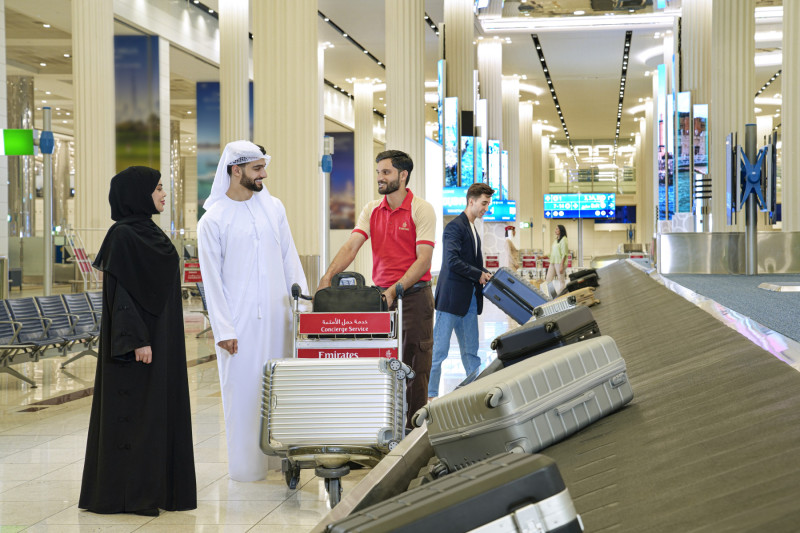
.jpg)
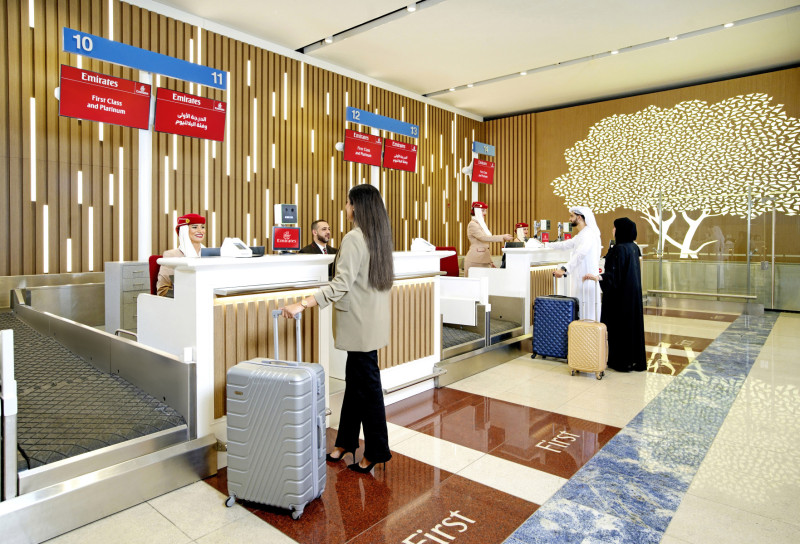










.jpeg)





















